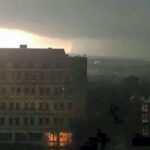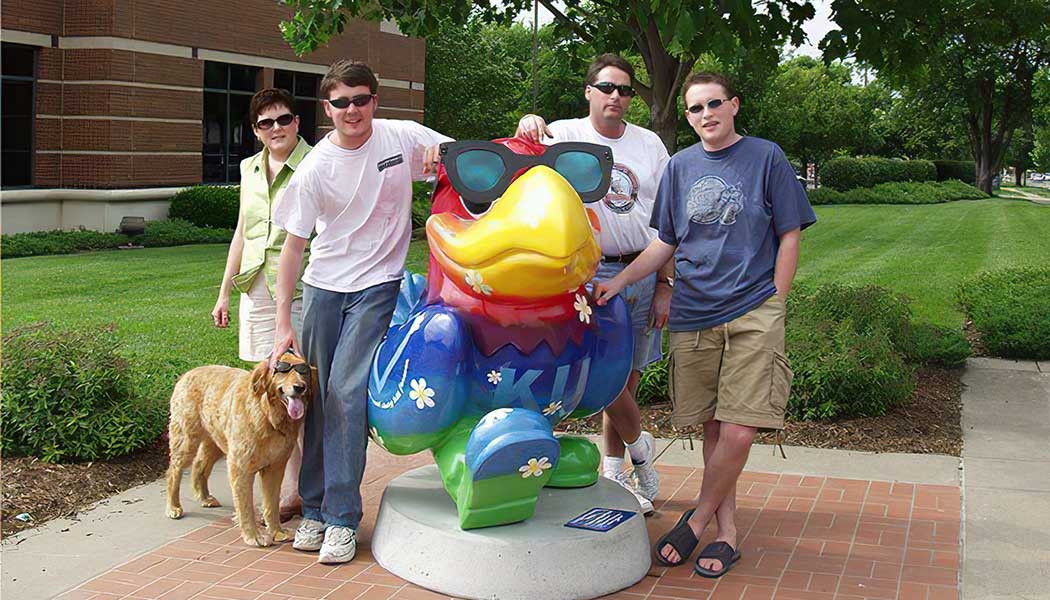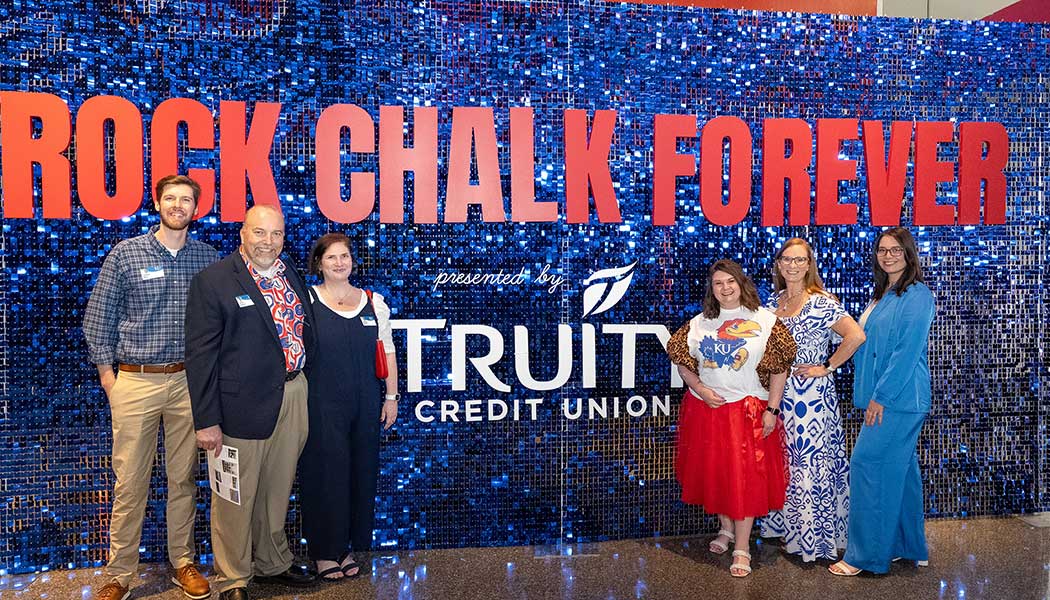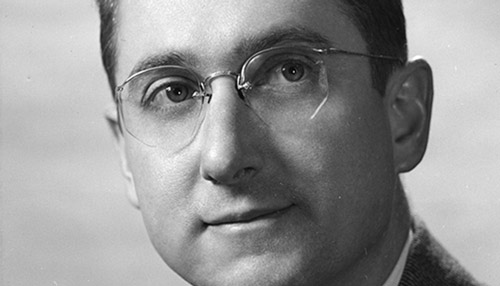Compost mentis
Turning trash into treasure, capstone class benefits campus environment
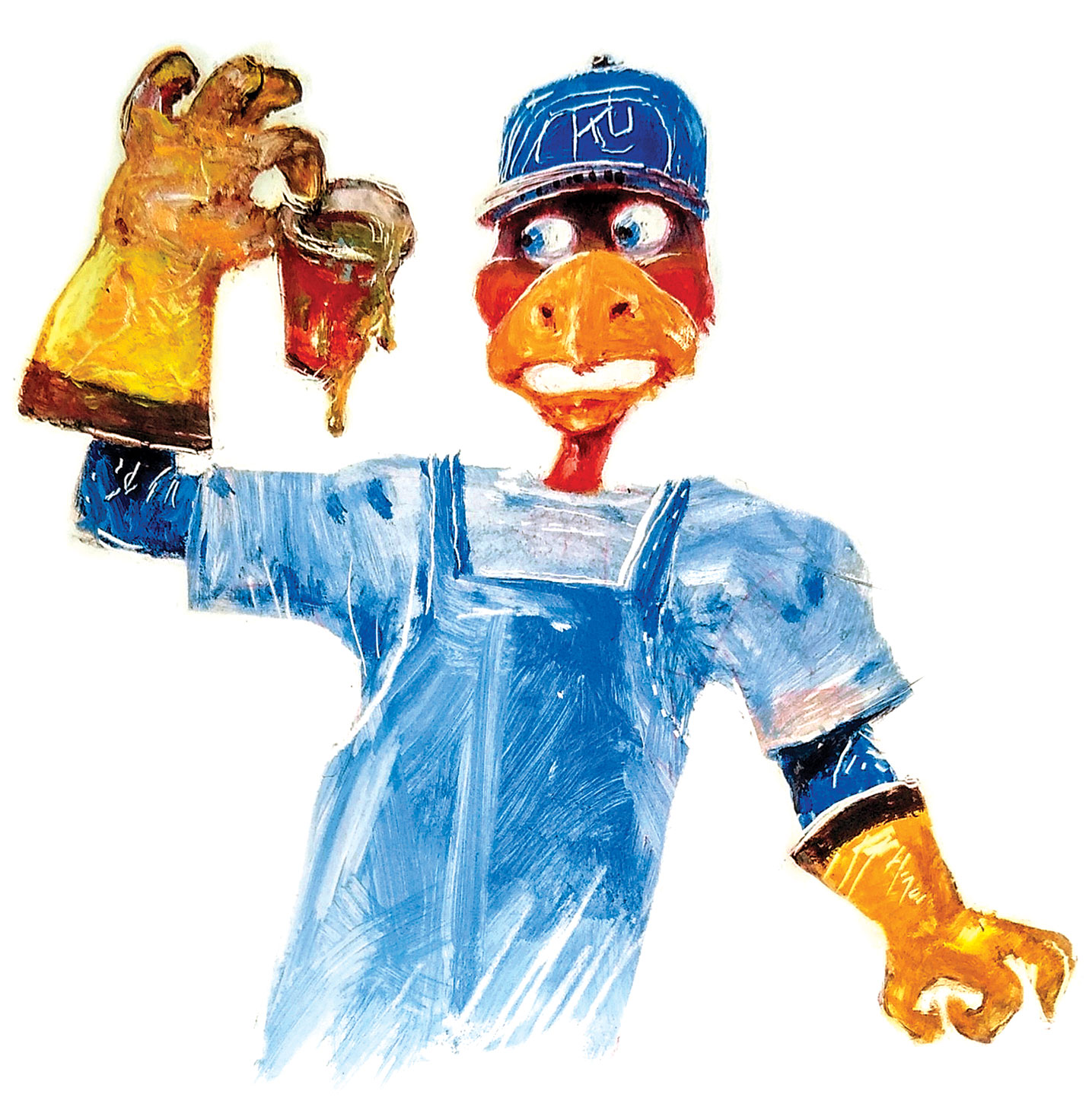
At first blush, it sounds a bit batty: Students rifling through trash cans for college credit? What the what?
When KU Dining and the Center for Sustainability needed data on expanding campus composting, they turned to environmental studies’ capstone class, which challenges students to address “real world environmental issues with a team approach and produce professionally meaningful analytical reports.”
Students dove right in to perform a compost audit, says Eric Nelson, ’16, waste reduction manager at KU Recycling. “They were excited to have a project that was actually tangible.”
That’s one word to describe it.
“It gets a little dirty,” Nelson admits. “You’re basically sorting trash. It’s pretty low tech, but it gives us great numbers.”
Rummaging through compost cans to see how well diners sort their dregs into compost, recycle and landfill streams, students found 94.4% accuracy at one site and 81.4% at another, which compare well with industry standards and results from campus athletics events, where composting has been a thing for years. KU Dining has long composted in campus dining halls, too.
The University, which now diverts 30% of its waste from landfills, will hire an engineering firm this fall for a yearlong study of the waste stream that basically does the same thing: dig through trash.
“This is something we’ll be paying people to do, and these students got in and did it themselves,” Nelson says. “And didn’t charge us. In fact, they paid to do it!”
And did a great job, he adds, noting it’s “nice to see some really good classroom work” that benefits our campus and the environment.”
No, they’re not nuts. Just a little crunchy.
RELATED ARTICLES
/


